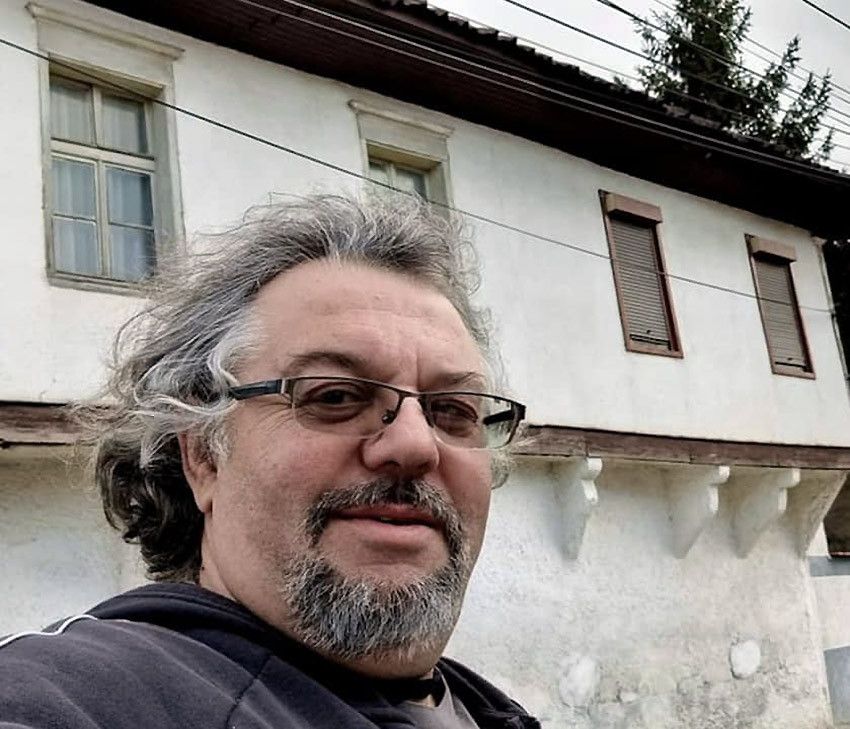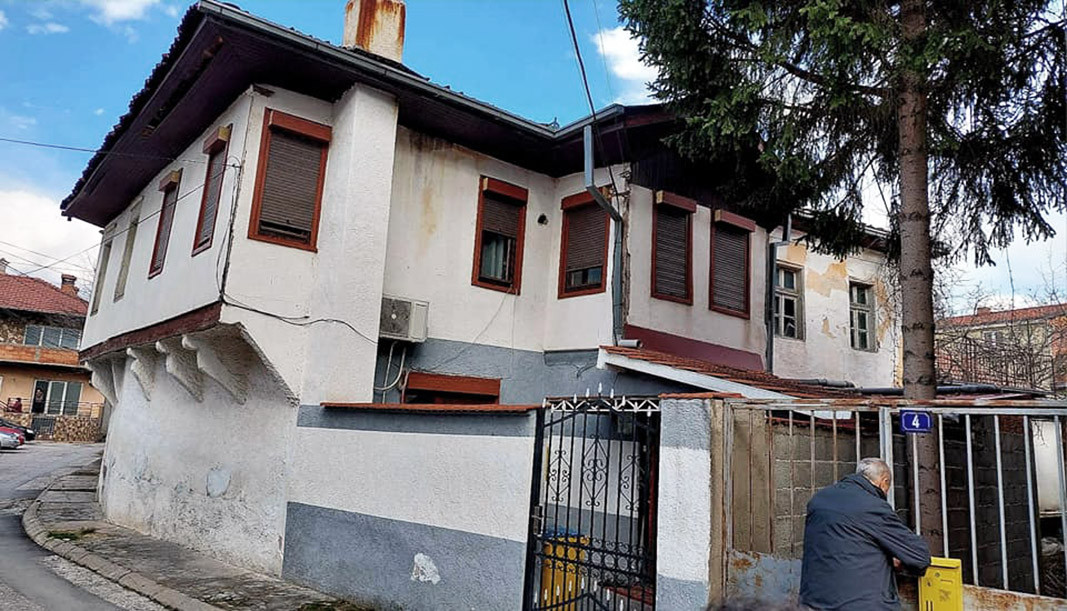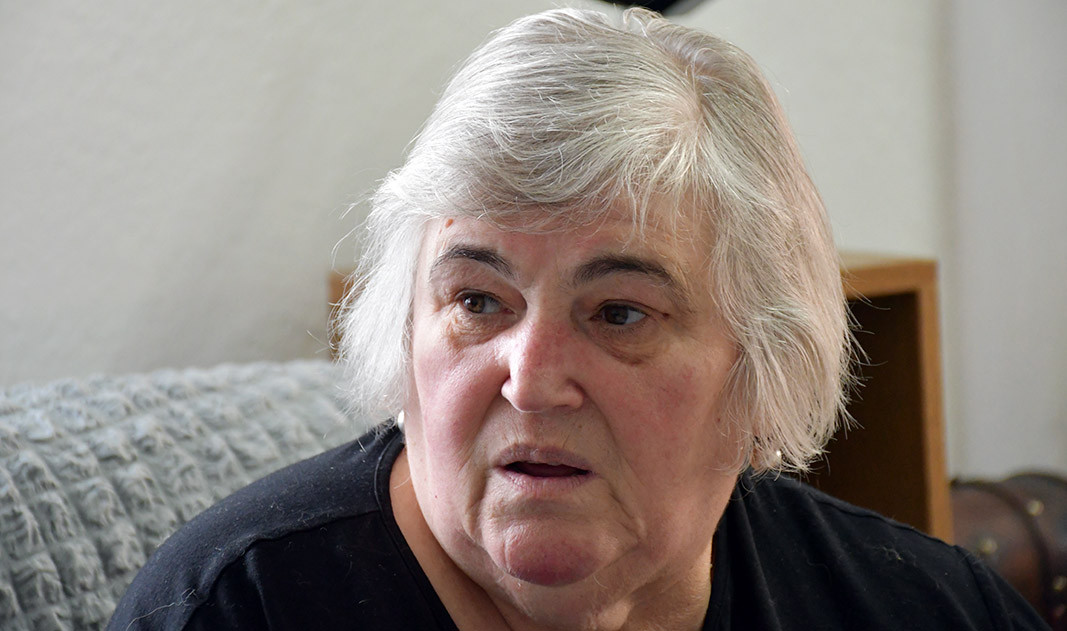Roots, family, history are the solid foundation that help us stand up in difficult times. One of the most famous Bulgarian novels "The Iron Candlestick" put into words the idea of the resurrection of human faith during hard times. Written by Dimitar Talev in the middle of the past century, the novel is unique in Bulgarian literature in terms of its scope and depth. It is an epic about the Ilinden-Preobrazhenie Uprising and about the Bulgarian struggle for ecclesiastical, secular and political independence. Dimitar Talev wrote the literary masterpiece during the years of isolation in the village of Lukovit after suffering political persecution and repression by the socialist regime because of his position on the "Macedonian question". The author said during his lifetime that the characters in his novels do not have real prototypes, but are collective images of life. According to many researchers of his work the fictional city of Prespa in his books is actually his hometown of Prilep, in today’s Republic of North Macedonia.
Today, every Bulgarian knows about "The Iron Candlestick" and the novel is studied at school. Dimitar Talev has more than once been defined as the last revivalist of our time.
However, the story of the writer's house in Prilep, is different. The place where the writer one lived, fell into oblivion a century after his birth. "We should be happy that this house has actually survived to this day," Manol Peykov, publisher and now member of the 49th National Assembly, has told BNR. After organizing numerous charity campaigns to help the victims of the war in Ukraine and of the earthquakes in Turkey, Peykov has embraced a new cause - the purchase of Dimitar Talev's house in Prilep.

"In the past year, over 17,000 people trusted me and I managed to collect over 1.5 million euros for various causes. I decided that if the state was passive, then the civic society should be more active. Many people trust me and I had to take some steps. We are happy that this house has survived to this day. The original facade is preserved, but unfortunately, the house itself is in a very bad condition. The roof is leaking but the building is not in danger of self-destruction yet. We now have a chance to buy two-thirds of the house and we hope that we would be able to buy the rest of it, as 1/3 belongs to a different owner. If we manage to buy the house, we will restore it and preserve it for the new generations. This is a very important Bulgarian monument," Peykov told reporter Spas Krainin.

Snezhana Acheska inherited the house from her late husband's family, who bought it from Talev's mother (his family is known in Prilep by the surname Palislamovi) in 1926. It might sound amazing but in North Macedonia and even in his native town of Prilep, Dimitar Talev is almost unknown, Manol Peykov says. Snezhana, who moved into the house at the beginning of 1970, says that she learned quite by accident about the history of the house thanks to a teacher from the "Dimitar Talev" high school in Plovdiv, who contacted her with a request to visit the house with a group of students. Since then, thousands of Bulgarians have come to pay respect at the birthplace of the writer.

Over the years, various Bulgarian organizations and individuals have tried to buy the house and awaken the conscience of the state. "This has not been working well due to administrative reasons," the publisher says. But the “Manol Peykov and Friends" foundation has managed to collect over 90,000 euros for less than a month and this is enough to buy two-thirds of the house.
"I would like to gather more resources to make an offer for the rest of the house and start work on the restoration. It is very important to me that everything is done in the most transparent and direct way. This is also important for the people who trust me and who donate," Manol Peykov says and adds that deeds are what define a person or an organization.

"My wish is for the house to become a writers’ and translators’ residence. At least two thirds of the house, which has a total of 15 rooms, will be turned into a museum, so that the people who visit it would see more than the fountain in the yard and the stone with the name Tale Palislamov (Dimitar Talev’s father) and the year 1898 carved in it. They will also be able to go inside and see the museum collection. This is the initial idea, but of course it largely depends on our discussions with the local people and on the rules and legislation of the Republic of North Macedonia."
Text: Vesela Krasteva /based on an interview by Spas Krainin, BNR-"Horizont"/
English: Al. Markov
Photos: BGNES, Facebook / Manol PeykovTeodora Byalkova joined the Bulgarian Sunday school "Sts. Cyril and Methodius" in Athens in the 2022/23 school year. At that time, she also organized the dance formation "Ludi-Mladi" for current and graduated students. Since then, the..
The village of Novo Selo is located on the road between Veliko Tarnovo and Sevlievo. Here archaeologists have found tools used by people during the Chalcolithic, which testify to an active economic life in the area. There is also..
The mountain resort of Bansko is set to become the capital of mountaineering culture, adventure, and travel, featuring films, exhibitions, and presentations that detail the limits of human possibility. From November 19 to 23, the "Bansko Film..
The Bulgarian minority in Romania marked a significant event with the official opening of the Bulgarian Inn in the village of Izvoarele (Hanul..

+359 2 9336 661
